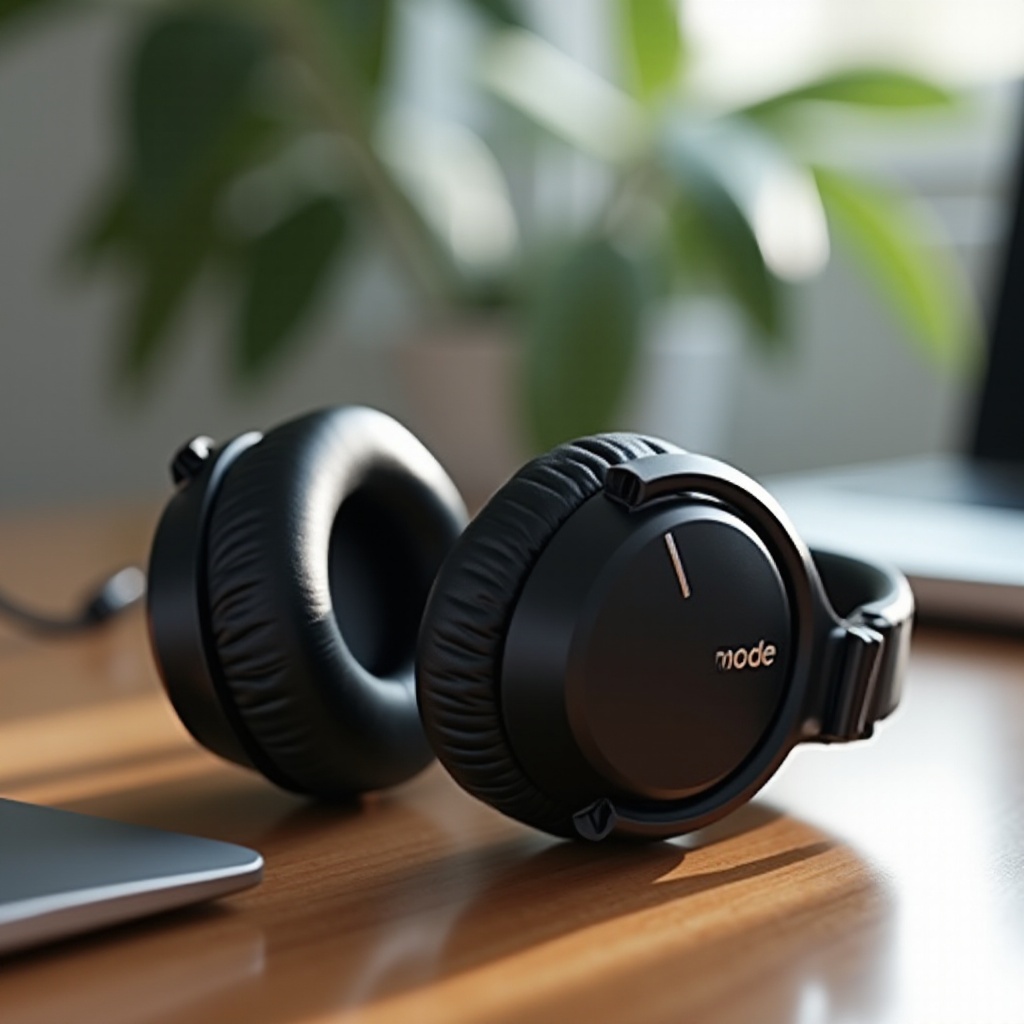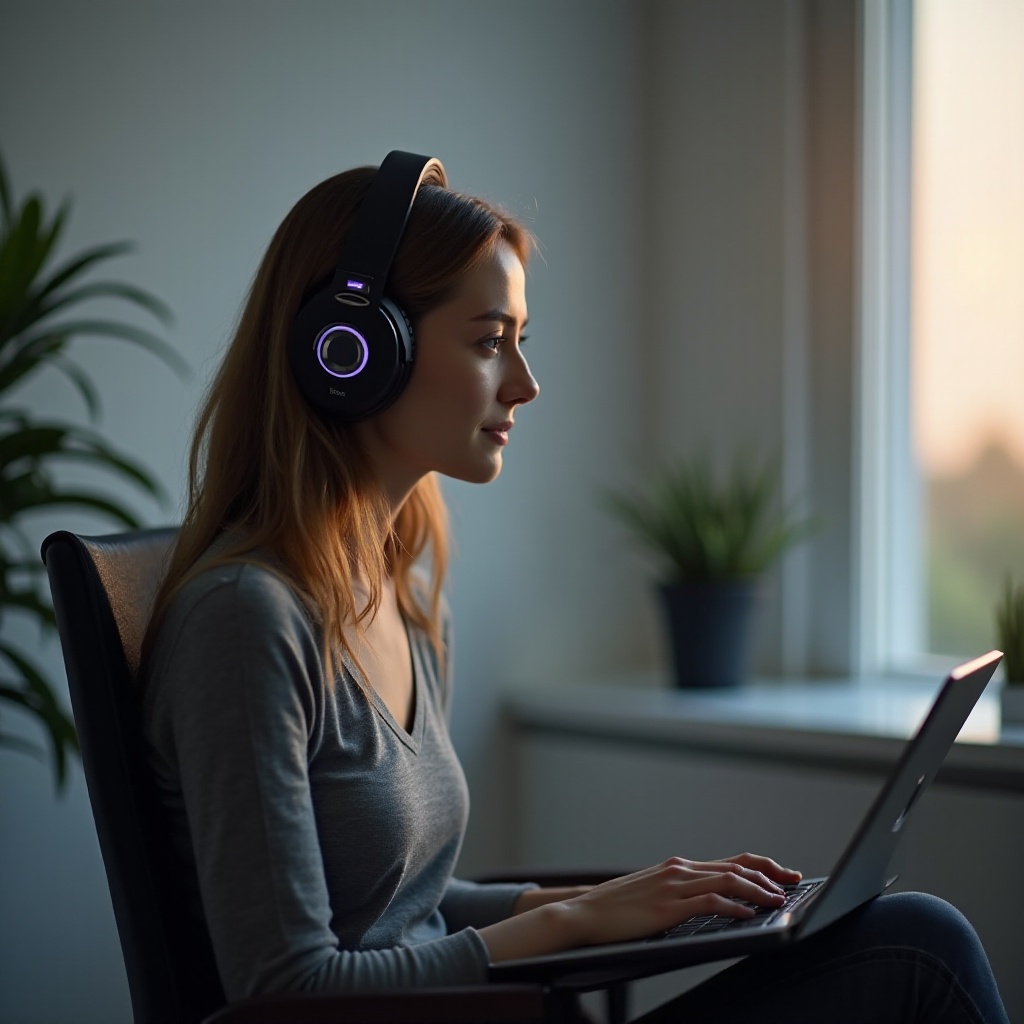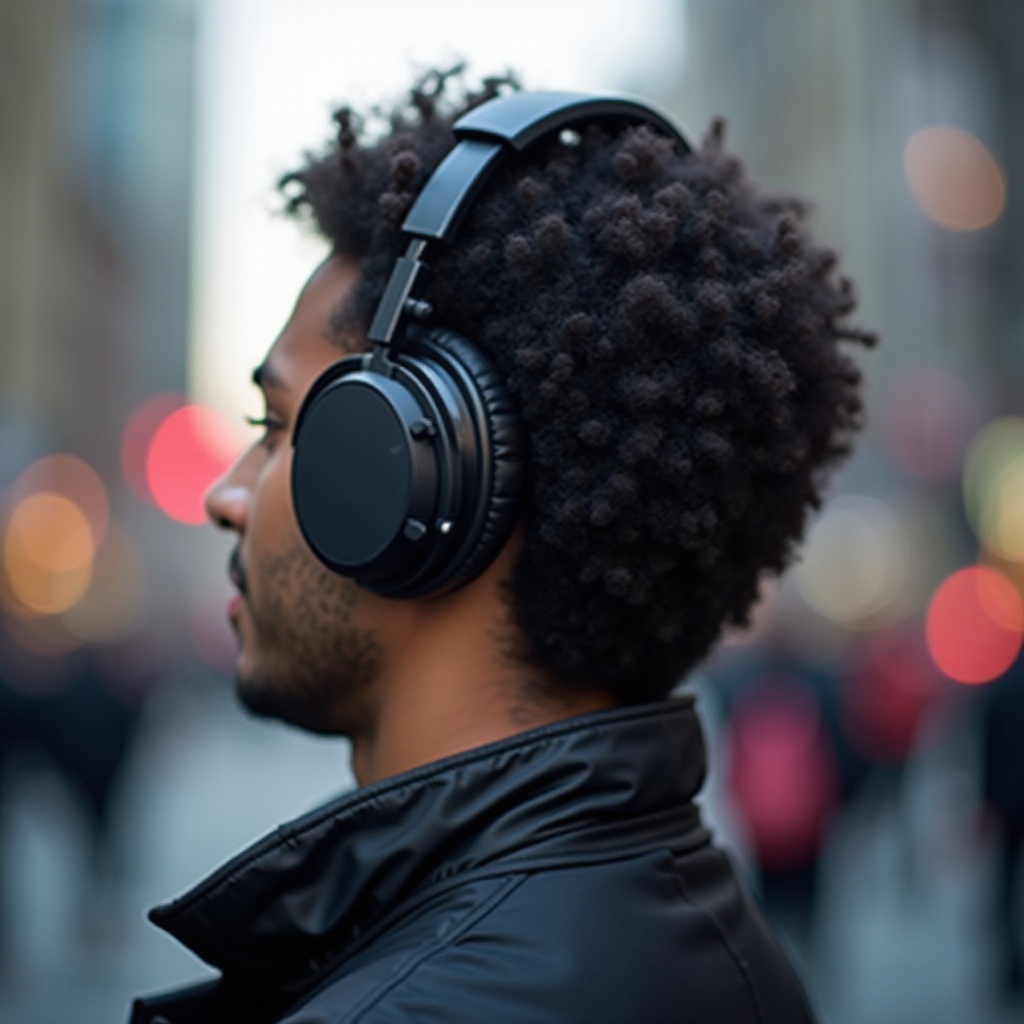Introduction
Protecting our hearing has become more critical than ever. Exposure to harmful noise levels can lead to permanent hearing damage. Noise-cancelling headphones are often touted as a solution to this problem, but do they really protect your hearing?

Understanding Noise-Cancelling Technology
Noise-cancelling technology essentially comes in two forms: active and passive. Understanding the differences between these can help determine their effectiveness in hearing protection.
What Is Active Noise Cancellation
Active Noise Cancellation (ANC) uses microphones and speakers to reduce unwanted ambient sounds. The headphones detect external noise and create sound waves that are the exact opposite (antiphase) to cancel it out. This technology is highly effective in noisy environments such as airplanes, trains, or busy offices.
What Is Passive Noise Cancellation
Passive Noise Cancellation, on the other hand, involves physically blocking out noise using materials in the headphones, such as high-density foam. This method doesn't rely on electronic components and is often found in over-ear or in-ear headphones that seal around or inside the ear.
Together, these types of noise-cancelling technologies can create a serene listening environment by significantly cutting down on background noise.

Noise-Induced Hearing Loss: A Modern Concern
Noise-induced hearing loss (NIHL) is becoming increasingly common. This condition results from exposure to harmful levels of sound, whether from loud music, machinery, or even busy city streets. Statistics reveal a concerning trend.
According to the World Health Organization (WHO), around 1.1 billion young people worldwide are at risk of hearing loss due to unsafe listening practices. Prolonged exposure to sounds over 85 decibels can cause permanent hearing damage. This makes the role of noise-cancelling headphones particularly relevant in the modern context.
The Role of Noise-Cancelling Headphones in Hearing Protection
So, can noise-cancelling headphones protect your hearing? Several studies and expert opinions suggest they can indeed reduce the risk of hearing damage.
Research and Expert Opinions
Research has shown that noise-cancelling headphones can lower the need to increase volume levels. By reducing ambient noise, users can listen to music or other audio at safer volumes. Experts recommend using such headphones in noisy environments to minimize exposure to harmful sound levels.
Comparison with Regular Headphones
Regular headphones, without noise-cancelling features, require users to increase the volume to overcome background noise. This compels listeners to expose their ears to potentially harmful decibel levels. In contrast, noise-cancelling headphones allow for a clearer and more pleasant listening experience at lower volumes, which is crucial for hearing protection.

Additional Benefits of Noise-Cancelling Headphones Beyond Hearing Protection
While protecting hearing is a significant benefit, noise-cancelling headphones offer several other advantages.
- Enhanced Listening Experience: These headphones provide cleaner sound quality by eliminating background noise, allowing users to enjoy music, podcasts, and calls with greater clarity.
- Reduced Stress and Fatigue: By blocking unwanted noise, these headphones can help reduce mental fatigue and stress, particularly in noisy environments.
- Improved Focus: Noise-cancelling headphones can aid in concentration by reducing disturbances, making them ideal for work or studying.
These additional benefits make noise-cancelling headphones a worthwhile investment for both auditory health and overall well-being.
Potential Limitations and How to Overcome Them
Despite their benefits, noise-cancelling headphones are not without their drawbacks. Understanding these limitations is essential for making informed decisions.
- Cost: High-quality noise-cancelling headphones can be expensive. However, consider them an investment in long-term hearing health and overall comfort.
- Battery Life: Active noise cancellation requires power, leading to shorter battery life. Choosing models with long battery performance or using passive noise-cancelling features can mitigate this.
- Discomfort: Some users experience pressure on their ears from ANC technology. Selecting ergonomically designed headphones can help alleviate this issue.
- Situational Awareness: Completely blocking external noise can pose safety risks, especially outdoors. Some modern headphones come with transparency modes that allow important sounds to filter through.
By acknowledging and addressing these limitations, users can maximize the benefits of their noise-cancelling headphones.
Best Practices for Using Noise-Cancelling Headphones for Optimal Hearing Protection
To ensure you’re getting the most out of your noise-cancelling headphones for hearing protection, follow these best practices.
Recommended Volume Levels
Keep the volume at a safe level. A general rule of thumb is the 60/60 rule: listen at no more than 60% volume for no longer than 60 minutes at a time before taking a break.
Proper Usage Tips
- Fit and Comfort: Ensure the headphones fit well and are comfortable to wear for extended periods.
- Regular Breaks: Take regular breaks to give your ears rest from constant sound exposure.
- Maintenance: Keep your headphones clean and in good working condition to ensure optimal performance.
Implementing these tips will help maximize both the effectiveness and longevity of your noise-cancelling headphones.
Conclusion
Noise-cancelling headphones can offer significant benefits in terms of hearing protection and overall listening experience. By reducing the need to increase volume levels in noisy environments, they help prevent noise-induced hearing loss. However, understanding their limitations and following best practices is crucial for optimal use.
Frequently Asked Questions
Can I use noise-cancelling headphones for sleeping?
Yes, many people use noise-cancelling headphones to block ambient noise for better sleep. However, ensure they are comfortable and safe to wear while lying down.
Are noise-cancelling headphones safe for children?
Noise-cancelling headphones can be safe for children if used correctly. Choose models designed for children with volume limits to prevent hearing damage.
Do noise-cancelling headphones completely block external noise?
While highly effective, noise-cancelling headphones do not completely block all external noise. They significantly reduce it, allowing for a better listening experience at lower volumes.

